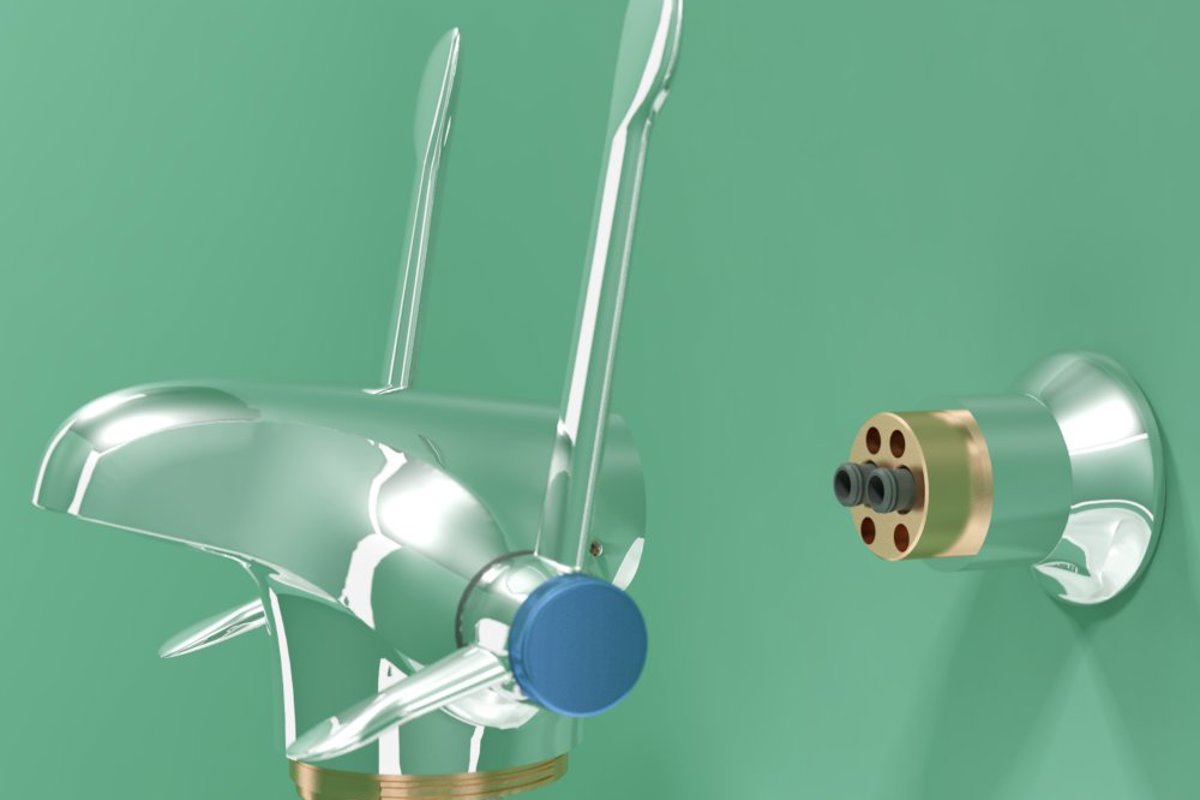
 -
-
Horne Engineering believes there are significant implications for infection prevention and control when engineering works need to take place within function hospital wards. The NHS publication, “Infection Control in Built Environment” asserts that an infection “risk class” should be determined based on the scale of the work and the patients’ vulnerability. Specific counter measures must then be implemented to minimise the risk of infection during and after the engineering work.
For planned or reactive maintenance work, a Horne Optitherm thermostatic tap can simply and effectively be isolated from its water supply, disconnected from the spigot and a replacement tap attached and commissioned.
“Compare this with a manual mixing tap or infra-red operated outlet with a behind-the-wall thermostatic mixing valve,” said a Horne Engineering spokesman. “If maintenance is required, the wall panelling needs to be breached to access the TMV or IR actuator, which can lead to unneccessary contamination from the internal fabric of the building and put the wash hand station out of commisison for considerable time."
By using the Optitherm, the downtime of the hand-washing facility can be reduced to a minimum, and this allows nursing staff to remain compliant with hand hygiene protocols. Time and cost savings can also be gained because the wall cavity does not need to be accessed and the costs to render the area clinically clean after completion are practically eliminated.
